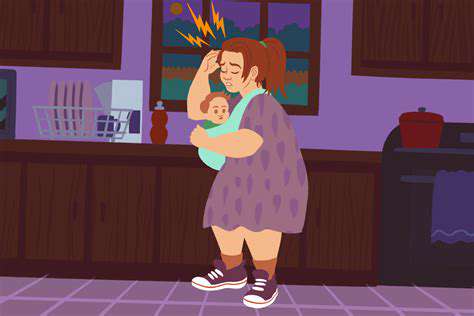- 緊張型頭痛:通常、ストレスに関連し、圧迫感が特徴で、姿勢の修正やストレス管理で対処できます。- 偏頭痛:激しい頭痛で、しばしば吐き気や光への敏感さを伴い、薬物療法やライフスタイルの調整が必要です。- 群発頭痛:局所的な激しい痛みが集中的に発生し、専門的な治療が必要です。- 副鼻腔炎:痛みと圧迫感を引き起こす炎症で、去痰剤や水分補給で治療可能です。- 頸部性頭痛:首に関連する痛みで、理学療法や姿勢の変更が必要です。医療援助を求めるべき時期を認識することが重要です。突然の激しい頭痛や伴う吐き気や混乱の症状がある場合、特に注意が必要です。頭痛日記をつけることで、医療専門家が最適な治療計画を提案するのに役立ちます。予防と管理戦略:規則正しい睡眠、食事、運動習慣を実施し、水分を保持し、リラクゼーション技術でストレスを管理します。特定のトリガーを特定して避けることで、頭痛の頻度と強度を大幅に減らすことができます。頭痛の痛みについての詳細な洞察と管理戦略については、全文をお読みください。

